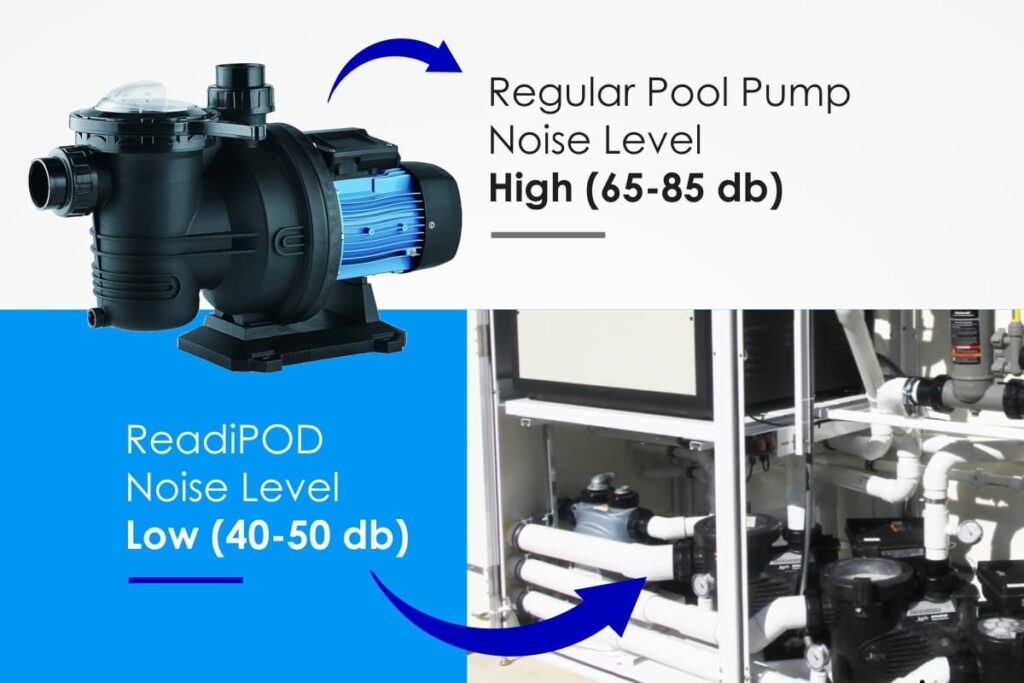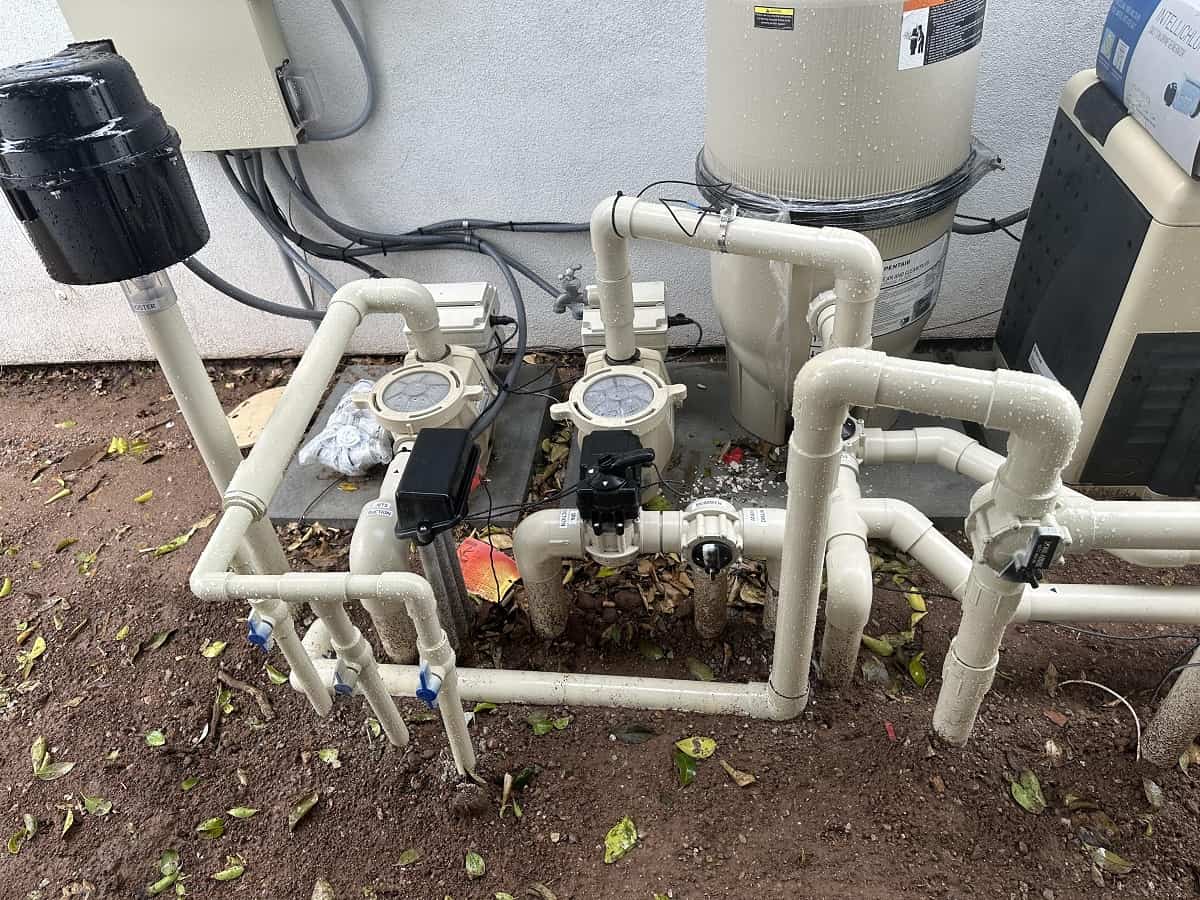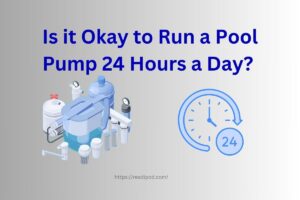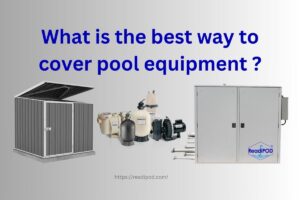A noisy pool pump can quickly take away the peacefulness of your backyard. Instead of enjoying the gentle sounds of water, you’re left with an annoying hum or rattle that’s hard to ignore. Luckily, you don’t have to put up with it! There are simple ways to quiet down your pool pump, from making small adjustments to upgrading your equipment.
In this guide, we’ll walk you through easy and effective tips to reduce pool pump noise so you can restore the calm to your outdoor space. Whether it’s regular maintenance, soundproofing, or finding a better pump, these solutions will help make your pool area as peaceful as it should be. Let’s dive into how you can reduce pool pump noise and enjoy a quieter, more relaxing backyard.
Why Do Pool Pumps Make Noise?
Before jumping into solutions, it’s helpful to understand why pool pumps are noisy in the first place. Pool pumps can produce different types of noise, from vibrating and motor humming to the sound of water flow turbulence. Here are some common causes:
- Old or Faulty Equipment: As pool pumps age, their motors and components can wear out, leading to increased noise.
- Improper Installation: If the pump is not installed correctly or is placed on an unstable surface, vibrations and rattling are more likely.
- Debris and Clogs: If debris like leaves, dirt, or sand enters the pump or filter, it can cause blockages that result in noisy operation.
- Worn Bearings or Seals: As the bearings or seals inside the pump wear out, they can create a loud screeching or grinding sound.
Reduce Pool Pump Noise Effortlessly with ReadiPOD
ReadiPOD is a great solution for reducing pool pump noise while keeping your pool running smoothly. Each ReadiPOD unit is designed with special features that help dampen vibrations and sound, making it up to 40% quieter than traditional pool pumps. Its compact design means you can place it farther away from your home, which helps keep noise levels low. Plus, it operates efficiently at lower speeds, using about 30% less energy than regular pumps, which also makes it quieter. Installation is quick and easy, so you won’t have to deal with a lot of noise during setup. If you choose to install ReadiPOD indoors, it benefits from natural insulation, making your pool area even quieter. With ReadiPOD, you can enjoy a peaceful and efficient pool experience, allowing you to relax and have fun in your backyard.
Noise Comparison: Regular Pool Pump vs. ReadiPOD

| Feature | Regular Pool Pump | ReadiPOD |
| Noise Level | High (65-85 dB) | Low (40-50 dB) |
| Noise Over Time | Increases with age | Stays quiet |
| Vibrations | High, causes rattling | Minimal due to design |
| Maintenance | Frequent to reduce noise | Low, pre-configured for quiet |
| Energy Efficiency | Less efficient, louder at full speed | Energy-efficient, quieter at lower speeds |
| Installation | Can increase noise if improper | Easy, noise-reducing installation |
Noise Reduction Tips for a Quieter Pool Pump
1. Upgrade to a Variable-Speed Pump
Switching to a variable-speed pump is one of the easiest ways to reduce noise. These pumps allow you to adjust the speed, so they run more quietly and efficiently, unlike single-speed pumps that operate at full power all the time. A variable-speed pump can make a big difference in cutting down that constant hum and also save on energy costs.
2. Use a Vibration Pad or Mounts
Vibrations against hard surfaces like concrete are often the cause of pool pump noise. Placing your pump on a vibration pad or using rubber mounts can help absorb the vibrations, reducing noise levels. Make sure the pump is on a stable, level surface for the best results.
3. Clean and Maintain Regularly
Proper maintenance is key to keeping your pump running quietly. Clean the filters regularly to prevent clogs, which can make the pump work harder, and louder. Also, check for worn-out parts like seals or bearings and replace them as needed. A well-maintained pump operates much more smoothly and quietly.
4. Install a Soundproof Enclosure
Consider using a soundproof enclosure to muffle the pump’s noise. These boxes can insulate the sound while still allowing airflow to prevent overheating. It’s a simple but effective way to cut down on unwanted noise, especially if your pump is near living areas.
5. Consider ReadiPOD for a Complete Solution
For a more advanced, long-term solution, consider upgrading to ReadiPOD, a pre-configured, all-in-one pool system designed with noise reduction in mind. ReadiPOD units are built to operate quietly, while also being compact, rust-proof, and energy-efficient. Since each unit is assembled and tested in the factory before installation, you get a seamless, quiet, and hassle-free experience right from the start.
6. Regulate Water Flow
If the noise comes from water rushing through the pipes, installing a flow regulator can help. Controlling the flow reduces turbulence, which can lower noise levels coming from the system.
Long-Term Solutions for a Quieter Pool Area
If you’re tired of dealing with a noisy pool pump and want a more permanent solution, there are several options to consider that can significantly enhance the tranquility of your outdoor space. Here are some long-term strategies to keep your pool area peaceful:
1. Invest in a High-Efficiency Pump
Upgrading to a high-efficiency pump can make a substantial difference in noise levels. These pumps are designed to operate quietly while providing optimal performance. Look for models that are specifically marketed for their quiet operation, such as variable-speed pumps. By choosing a pump that’s designed with noise reduction in mind, you’ll enjoy a quieter pool environment for years to come.
2. Consider a Soundproof Pool Equipment Shed
Building a soundproof shed for your pool equipment can be an excellent long-term solution. This shed can house your pump, filter, and other noisy equipment, effectively insulating them from the surrounding area. Make sure the shed has proper ventilation to keep the equipment from overheating while still minimizing noise. This option not only reduces noise but also protects your equipment from the elements.
3. Regularly Upgrade Aging Equipment
If your pool pump and other equipment are old, they may inherently be noisier than newer models. Consider upgrading your entire pool system to modern, quiet alternatives like ReadiPOD. These systems are designed to minimize noise and maximize efficiency. Plus, because they are pre-configured and tested before installation, you can be confident that you’re getting a quiet, hassle-free solution from day one.
4. Create a Natural Barrier
Adding landscaping features can help absorb and deflect sound, creating a more peaceful environment around your pool. Planting shrubs, trees, or installing fences can act as natural sound barriers, helping to block out noise from both the pump and outside sources. Choose plants that are dense and tall to maximize their effectiveness in reducing noise.
5. Regular Maintenance and Checks
Commit to a regular maintenance schedule to ensure all your pool equipment runs smoothly and quietly. This includes cleaning filters, checking for wear and tear, and replacing any old parts that may be causing excess noise. Keeping everything in top shape can help prevent small issues from becoming larger problems that lead to noise.
6. Evaluate Your Pool Setup
Sometimes, the noise problem stems from the overall setup of your pool system. Consult with a pool professional to evaluate your current setup. They may recommend adjustments, such as repositioning equipment, installing additional noise barriers, or even rethinking your plumbing layout to minimize noise.
Conclusion
A noisy pool pump can disrupt the peace of your backyard, but with some long-term solutions, you can enjoy a much quieter and more relaxing pool area. Whether it’s upgrading to a quieter pump, adding a soundproof enclosure, or using a system like ReadiPOD designed for quiet operation, there are plenty of ways to reduce the noise.
Regular maintenance, improving your pool setup, and adding natural sound barriers like plants or fences can also make a big difference. By taking these steps, you’ll not only enjoy your pool more but also create a calmer, quieter space for everyone around you.
With just a little effort, you can transform your pool area into a peaceful retreat where you can fully relax and unwind, without the constant hum of noisy equipment.





